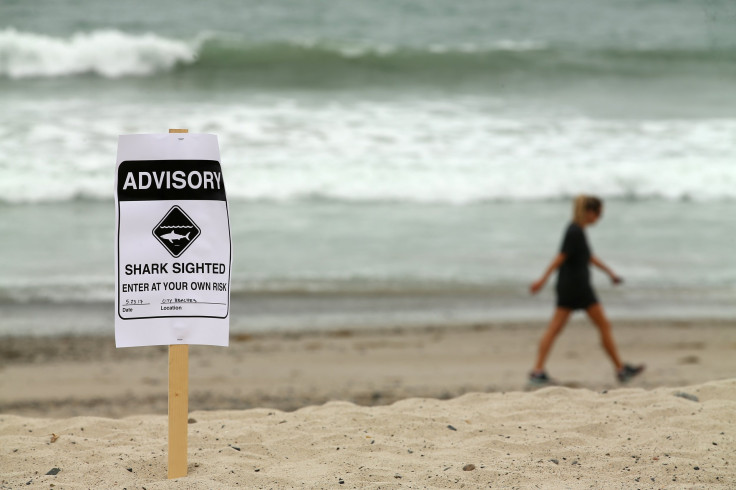'Urban Sharks': These Ocean Predators Actually Venture Close To Cities, Study Shows
KEY POINTS
- Researchers initially thought sharks would avoid areas close to cities
- The team realized sharks may be "urban adapters" and not avoiders like their terrestrial counterparts
- This could have consequences for both people and the sharks: Researchers
Just how close to cities do sharks really get? Apparently, they may be coming closer than you might think.
Some animals have adapted to the world's rapid urbanization. The "urban adapters" are the creatures that are rather adapted to the urbanized cities though they still remain in the more natural areas, the University of Miami (UM) noted in a news release. There are also the "urban exploiters," which are animals so adapted to urban life that they actually thrive in cities. Some examples are raccoons and pigeons.
Then there are the "urban avoiders." They avoid cities because they are sensitive to human disturbance. Land predators such as wolves are examples of urban avoiders. Scientists wanted to know whether ocean predators are urban avoiders as well.
"Sharks are upper trophic level predators in virtually all marine environments, but if and how their behaviors are influenced by coastal urbanization remains understudied," the researchers wrote in the paper, published in Marine Ecology Progress Series.
For their work, the researchers tracked the movements of bull sharks, nurse sharks and hammerhead sharks in terms of their proximity to the coastal metropolis of Miami.
Based on the patterns of land predators, the team predicted the sharks would avoid areas close to Miami, and their number would perhaps increase only when there was lower human activity, for instance at night or on weekdays. However, that was not exactly what the researchers found.
"We were surprised to find that the sharks we tracked spent so much time near the lights and sounds of the busy city, often close to shore, no matter the time of day," said study lead author Neil Hammerschlag, of UM.
This could mean sharks are "urban adapters," not avoiders like their terrestrial counterparts. It's possible that this was because of shore-based "food provisioning" activities that can attract them, such as the discarding of fish carcasses, the researchers said.
This behavior may have consequences for both humans and sharks, said Hammerschlag. Naturally, it could lead to possible encounters with sharks.
"Thus, to promote both human safety and shark conservation, our data pinpoint areas within our array that may drive human−wildlife conflict and should thus be avoided by human water users to reduce the probability of a negative shark encounter," the researchers wrote.
The relatively high use of urban-impacted areas by the tracked sharks may have consequences for both sharks and humans.
— Dr. Neil Hammerschlag (@DrNeilHammer) June 16, 2022
Download the paper here: https://t.co/sHxQfebUCH
Shark Photos: Robbie Roemer
Shark Videos: JMac / Jason McIntosh pic.twitter.com/S41eAOCJX4
Still, shark bites on humans are actually "rare." In fact, 2021 data from the University of Florida showed that the risk of getting bitten by a shark was "extremely low."
As for the sharks, they may be putting themselves at risk by coming closer to cities.
"By spending so much time close to shore, sharks are at risk of exposure to toxic pollutants as well as fishing, which could impact their health and survival," said Hammerschlag.
The researchers are now encouraging further research on "urban ecology." Their paper, titled "Urban sharks: residency patterns of marine top predators in relation to a coastal metropolis," was published Thursday.

© Copyright IBTimes 2024. All rights reserved.





















